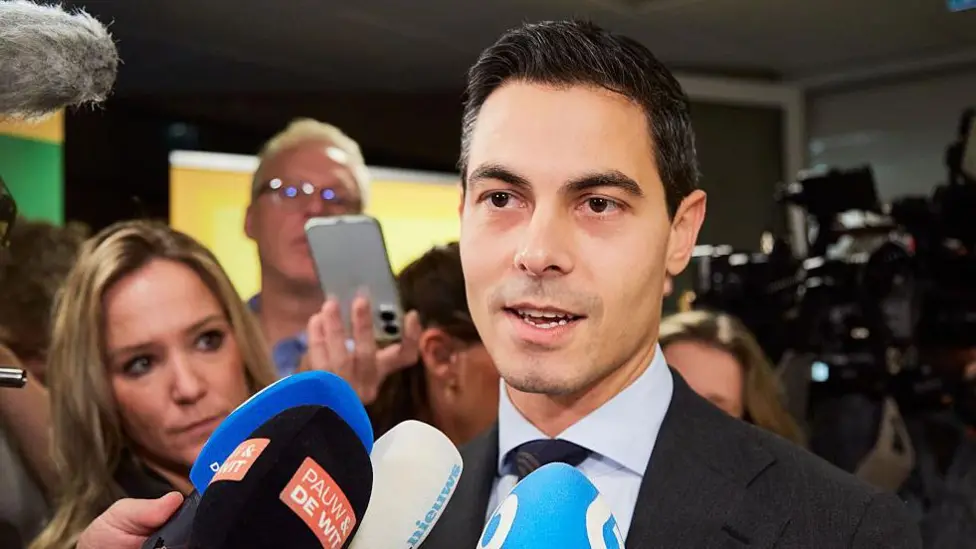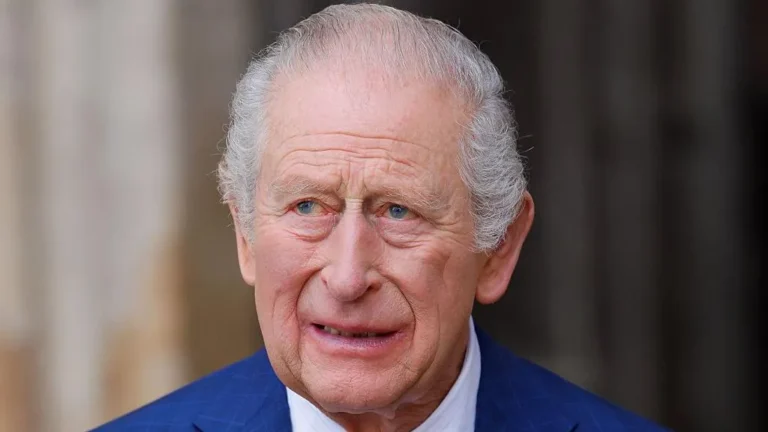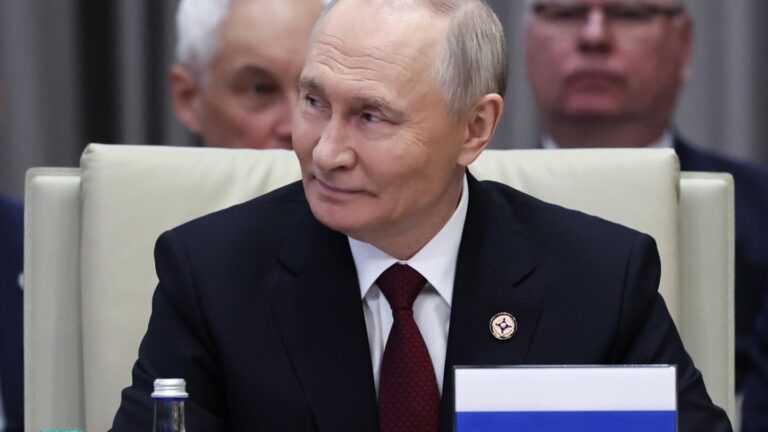
The 2025 Netherlands general election delivered a dramatic outcome as Rob Jetten’s centrist liberal party, Democrats 66 (D66), emerged in the lead ahead of the far-right Party for Freedom (PVV) led by Geert Wilders. With nearly all votes counted, D66 secured a narrow but decisive edge, setting Jetten on track to become the youngest prime minister in Dutch history. This result marks a significant shift in Dutch politics and signals a potential rebuff of right-wing populism.
Narrow Win and Coalition Challenges
The election, held on October 29, saw D66 and the PVV each projected to win 26 seats in the 150-seat House of Representatives, with D66 edging ahead by some 15,000 votes and ultimately being declared the winner by national news agency ANP. The result follows a period of instability: Wilders’ previous right-wing coalition collapsed earlier this year after he withdrew support over immigration disputes. With no party commanding a majority, Jetten now leads initial talks to form a coalition government. He acknowledged the responsibility ahead, saying his party must now “get to work for all Dutch people.”
READ ALSO: FBI Thwarts Potential Terror Attack in Michigan Ahead of Halloween
Despite the victory, forming a stable government will be complex. D66 will need to align with at least three other parties to reach the 76-seat threshold for a majority. Parties such as the liberal-conservative People’s Party for Freedom and Democracy (VVD), the centrist Christian Democrats (CDA), or the left-wing GreenLeft–Labour alliance (GL/PvdA) are potential partners but their differing priorities will make negotiation delicate. Jetten flagged his preference for a broad-based, inclusive coalition, rather than a narrow ideological one.
Implications for Dutch Politics and Europe
Jetten’s rise signals a possible turning point for the Netherlands, rejecting the polarising style of his adversary. As a 38-year-old openly gay leader, he represents a generational change and his party’s upbeat campaign captured voters frustrated with stagnation and division. Analysts view the result as a cautionary tale for far-right movements: while they remain influential, their momentum appears to have plateaued in this election cycle.
The Netherlands, once considered a stronghold of right-wing populism, may be shifting back toward consensus-driven centrism.
For Europe broadly, this outcome may recalibrate Dutch foreign and economic policy: Jetten is known for his pro-European stance, favouring cooperation within the EU rather than isolation. Domestically, he campaigned on key issues such as the housing shortage, integration, and cost-of-living pressures areas where he signalled readiness for substantive reform. Yet the difficult path to coalition building means that while the headline is victory, the real test now lies in crafting governing stability.
READ ALSO: Trump Urges Republicans to End Filibuster as Shutdown Hits 30 Days
In the coming weeks, Jetten will engage in intensive negotiations with potential partners, commissioning a “scout” to explore viable coalition combinations. The process could take months, and the outgoing caretaker government will remain in place until an agreement is reached. Meanwhile, Jetten’s larger task is to turn electoral momentum into coherent governance balancing ambition with pragmatism if his party is to translate its breakthrough into lasting impact for the Netherlands.




